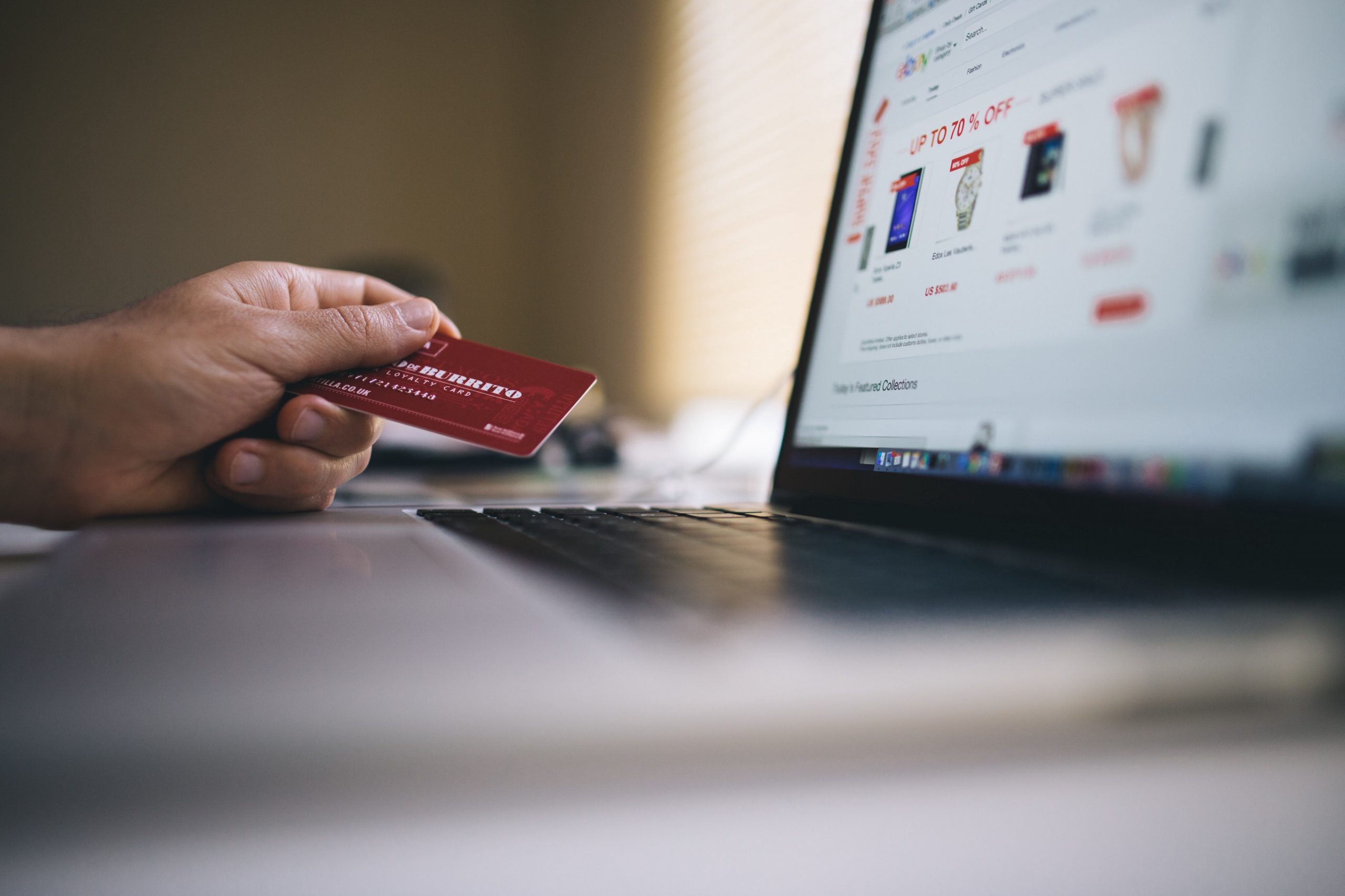
Credit Cards are neither good nor bad. They are financial tools that must be used with care.
Cards can help or hurt your finances if you don’t use them responsibly. The dangers include running up debt, missing card payments, carrying a balance and racking up interest charges, using too much of your card limit, and applying for too many cards at once.
At the same time, credit cards used properly offer a convenient payment method that can build credit and earn rewards for users. Here are the pros and cons of having a credit card.
What Are the Advantages of Using a Credit Card?
A credit card can help you better manage your cash flow, build credit, earn rewards and access benefits you might not otherwise have.
“Credit cards can help you make important purchases at times during the month when you may not have the cash to pay directly,” says John Cabell, director of wealth and lending intelligence at J.D. Power.
As long as you pay off your balance on time each month, you won’t owe interest. Credit cards also allow you to make charges now and pay them off later, although getting in the habit of doing so isn’t a good idea. Carrying large balances on your credit cards hurts your credit score because it increases your credit utilization ratio. This measure of how much you owe compared with your total available credit makes up 30% of your FICO score.
The five major factors influencing your credit are, according to FICO:
- Payment history at 35%
- Amounts owed at 30%
- Length of credit history at 15%
- New credit at 10%
- Credit mix at 10%
By opening a credit card, managing your credit utilization and consistently making on-time payments, these credit scoring factors could benefit. In the long term, responsible credit card use will build your credit.
“Establishing a high credit score is essential for a quality life. You need credit to rent an apartment or home. And you will need a good score to qualify for loans, whether you want to buy a home or car or start a business,” says Andrea Woroch, a consumer and money-saving expert and a U.S. News contributor.
Another plus is that if you have a rewards credit card, you can earn points, miles or dollars for your spending. Generally, points can be redeemed for cash back, merchandise, travel or gift cards.
“Credit cards can help people earn free flights, hotel rooms and cash back through their robust rewards programs,” Woroch says. “If you are using a credit card that doesn’t offer robust rewards, you are leaving money on the table.”
Many credit cards also come with benefits and perks, some of which cardholders may overlook. These can include travel insurance, extended warranty coverage and purchase protection.
You might not use these benefits daily, but they could save you money.
What Are the Disadvantages of Using a Credit Card?
Growing debt, snowballing interest charges and financial stress are some of the downsides of credit cards when they are not managed well.
“A credit card can allow you to overspend on your lifestyle choices,” Cabell says.
You can easily swipe your card to buy something you can’t afford when the statement won’t arrive for days or even weeks. Reality hits when you receive the statement and can’t pay off the balance.
When used to carry a balance, a credit card can result in high interest charges, Cabell says. And if you’re making just the minimum payment, you could be paying for your purchases for years to come.
Fees can also put a damper on credit card use. Some cards have annual fees that may erode the value of their rewards and benefits.
And if you don’t use your credit card wisely, you could pay even more fees. Check your credit card’s terms and conditions, which will disclose the fees you could incur.
Common credit card fees may include late fees, over-limit fees, cash advance fees, returned payment fees and foreign transaction fees.
“For individuals who constantly max out their credit card limits and rack up late payment fees and over-limit fees, these users need to reassess their spending and may be best to stick with cash so they don’t go over budget,” Woroch says.
Missing payments or using too much of your available credit not only can take a bite out of your wallet but also hurt your credit score. The latter can affect your ability to get a loan, rent an apartment or land a job.
Do You Really Need a Credit Card?
Credit cards aren’t for everyone. If you struggle with impulse control, a credit card may not be right for you.
“It is entirely possible to exist in today’s marketplace using cash, checks and debit cards,” Cabell says.
Credit cards can make certain purchases more convenient, but you can usually find another payment method to complete your purchase in most situations.
If you’re ready to build credit using a credit card, focus on finding a card that best meets your needs rather than one that gives you the highest limit and the most rewards.
You could choose a card with a lower limit, use it for recurring expenses and set up automatic payments, Woroch says. Then you could buy everything else with cash if that is best for your finances, she adds.
“You don’t need to have multiple cards or accounts and you certainly don’t need to use it for all your purchases,” Woroch says.











